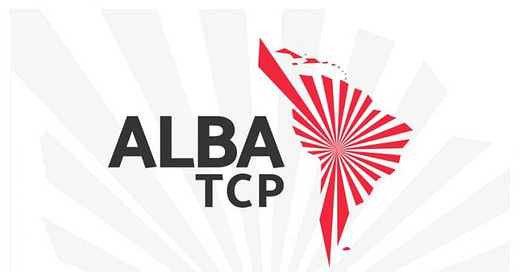Conquest is central to the human story. Conquest is the foundation to the great empires and advanced civilizations in human history since the agricultural revolution.
From the tenth to the fifteenth centuries, Western Europe was a backward region, relative to the Chinese Empire or the empires of the Islamic Civilization. But during the period, driven by war interests, the monarchs of Spain, England, and France, in alliance with their respective emerging commercial classes, forged a political centralization based on a single ethnic identification. These modern nation-states were thus strongly positioned to enter the competitive game of conquest.
The Western European conquest of the world from 1492 to 1914 was driven by a quest for wealth, which was fulfilled through the forced appropriation of natural resources and raw materials of the conquered territories, with forced labor having a central role, and with the conquered territories providing markets for the surplus …


